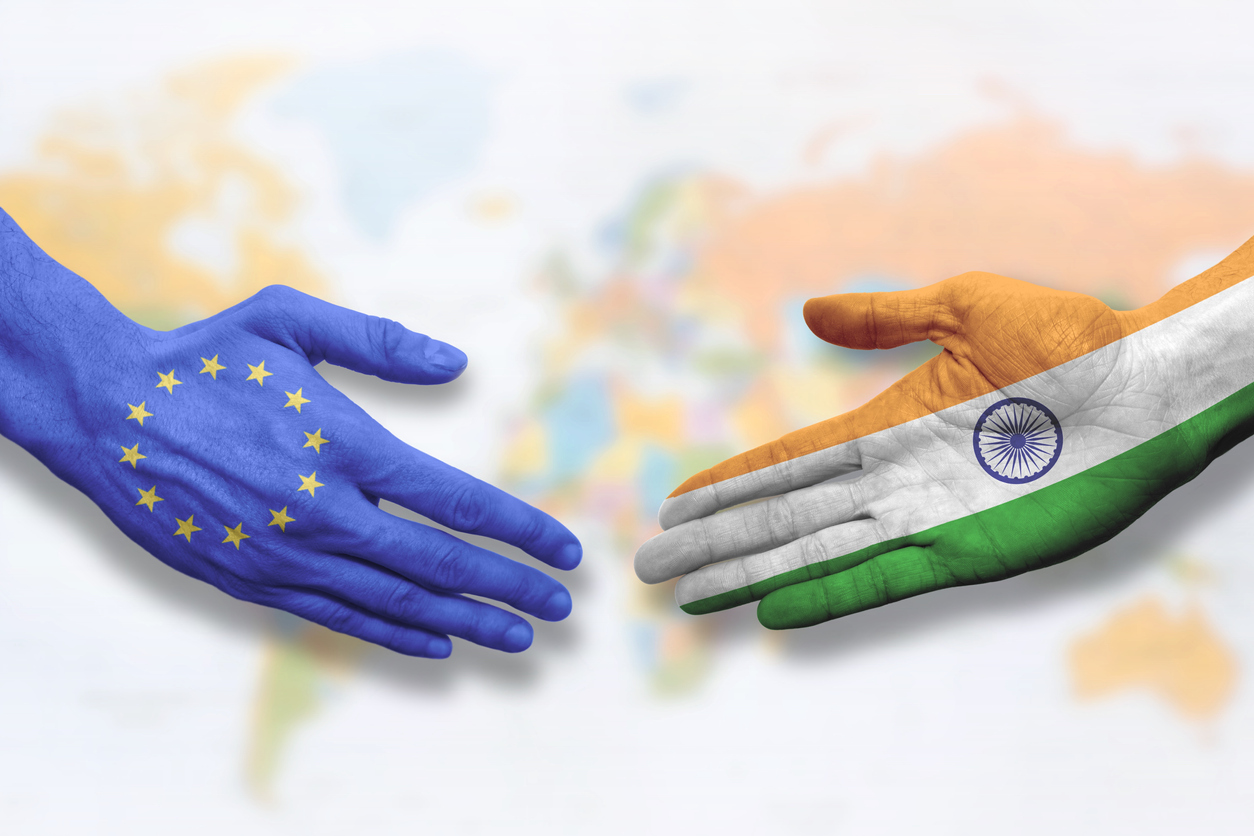
February 21, 2024
Jaishankar outlined six key elements driving the world economy, including production, technology, demographics, and values
The Minister underscored opportunities in AI, Electric Vehicles, space technology, and smart cities for European businesses
Recent agreements on mobility with European partners promote legal movement and skillset exchange, aligning with consumer requirements at both ends
Jaishankar stressed that the European Free Trade Association (EFTA) will provide a positive framework and accelerate the steady growth in trade levels

S Jaishankar, the Minister of External Affairs, highlighted the paramount importance of Europe to India, highlighting the depth of the relationship during the inaugural session of the 2nd CII India Europe Business and Sustainability Conclave. He pointed out that Prime Minister Narendra Modi has visited Europe 27 times and hosted 37 European government heads. At the same time, Jaishankar has made 29 trips to Europe and received 36 of his counterparts, underscoring the enduring and continuous nature of the relationship.
During his address, Jaishankar outlined six key elements driving the global economy: production and consumption, connectivity and logistics, technology, demographics, values and comforts, and the architecture or framework for conducting business. He noted the importance of trust and transparency in the digital age, citing the era of AI, Electric Vehicles, space technology, and smart cities. Jaishankar expressed the belief that these developments present opportunities for European companies.
Highlighting recent agreements on mobility with European partners, the Minister stressed the relevance of concluding free trade agreements with the European Union and EFTA, acknowledging the need for a positive framework to accelerate trade further. On the topic of connectivity, Jaishankar suggested that beyond the India-Middle East-Europe Economic Corridor (IMEC), a polar route could provide an alternative logistical pathway between India and Europe through the Indo-Pacific.
Source: Economic Times